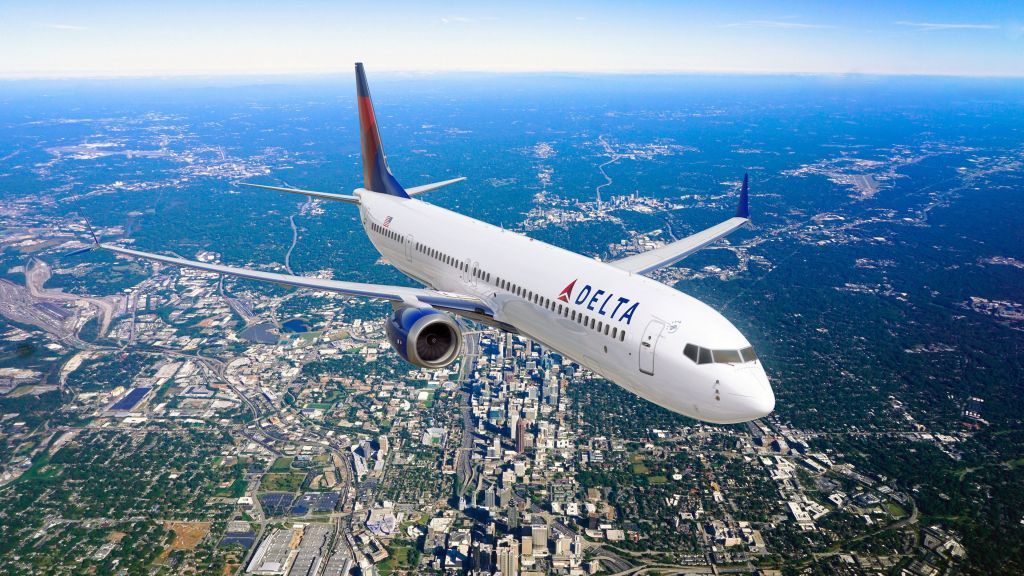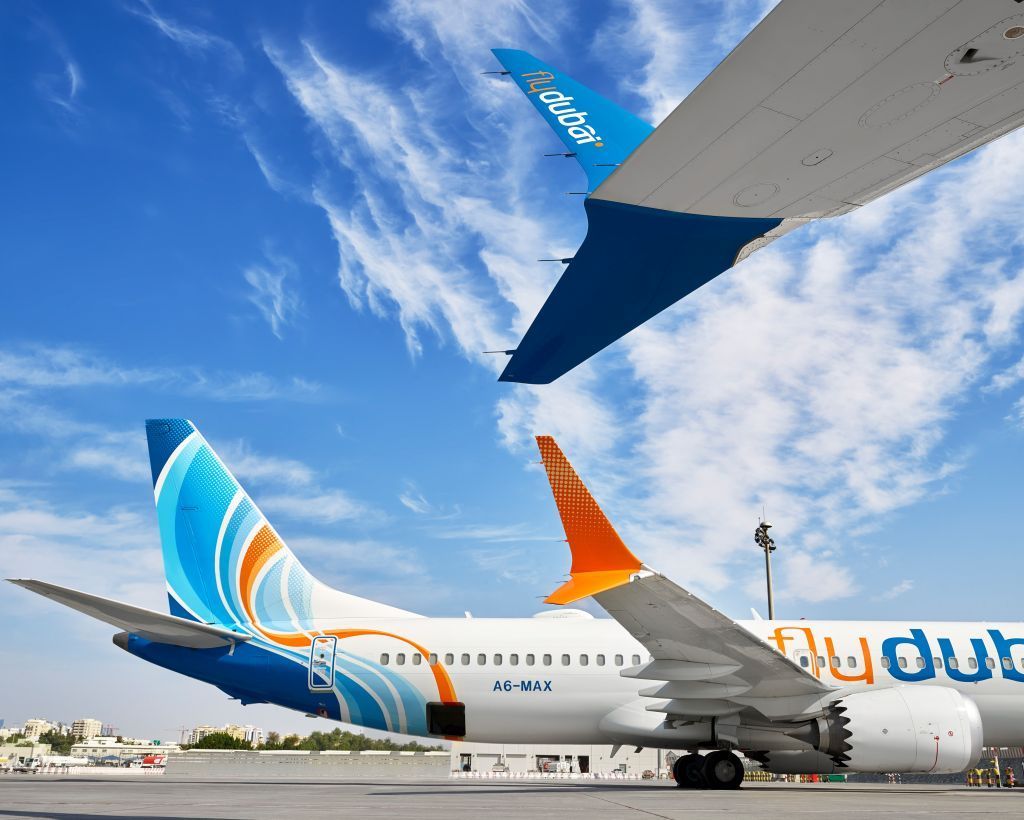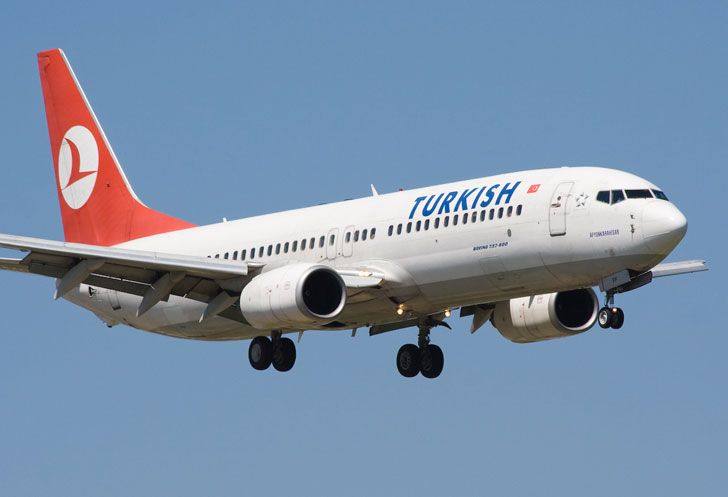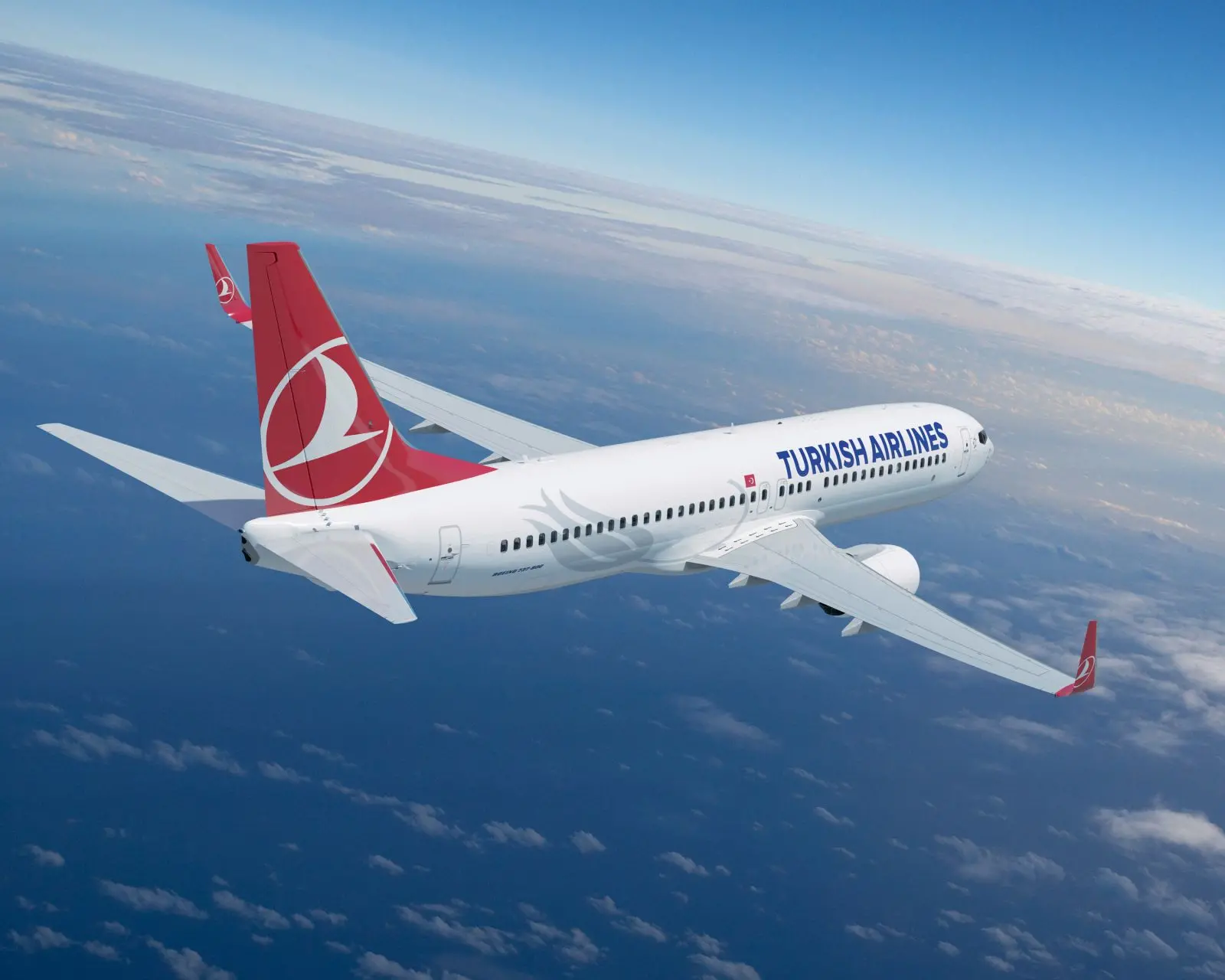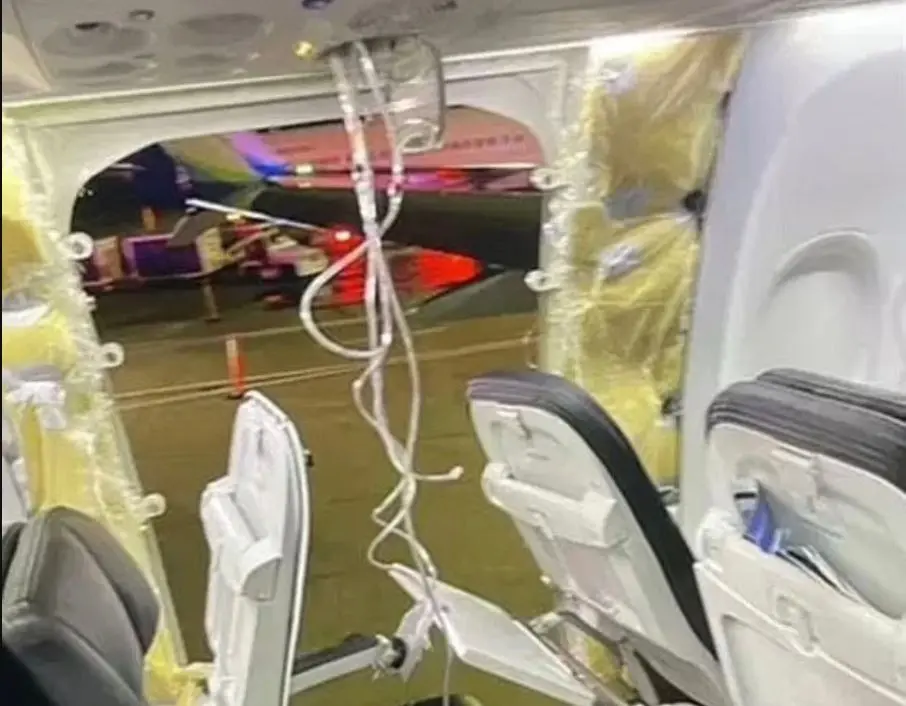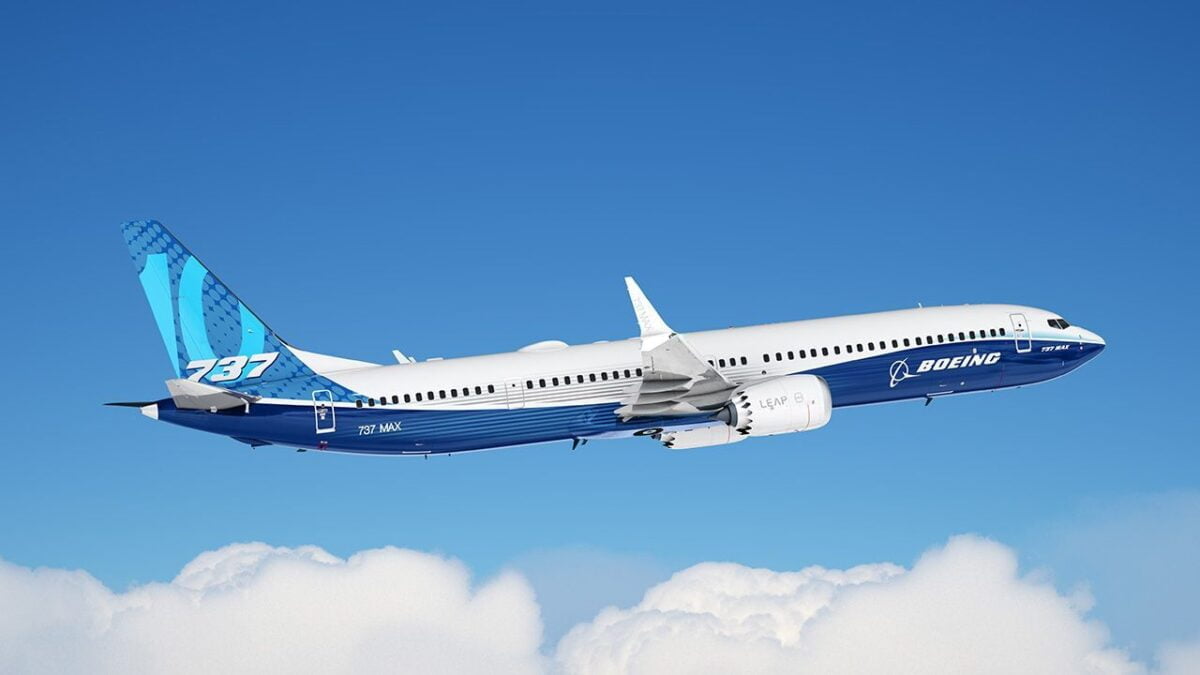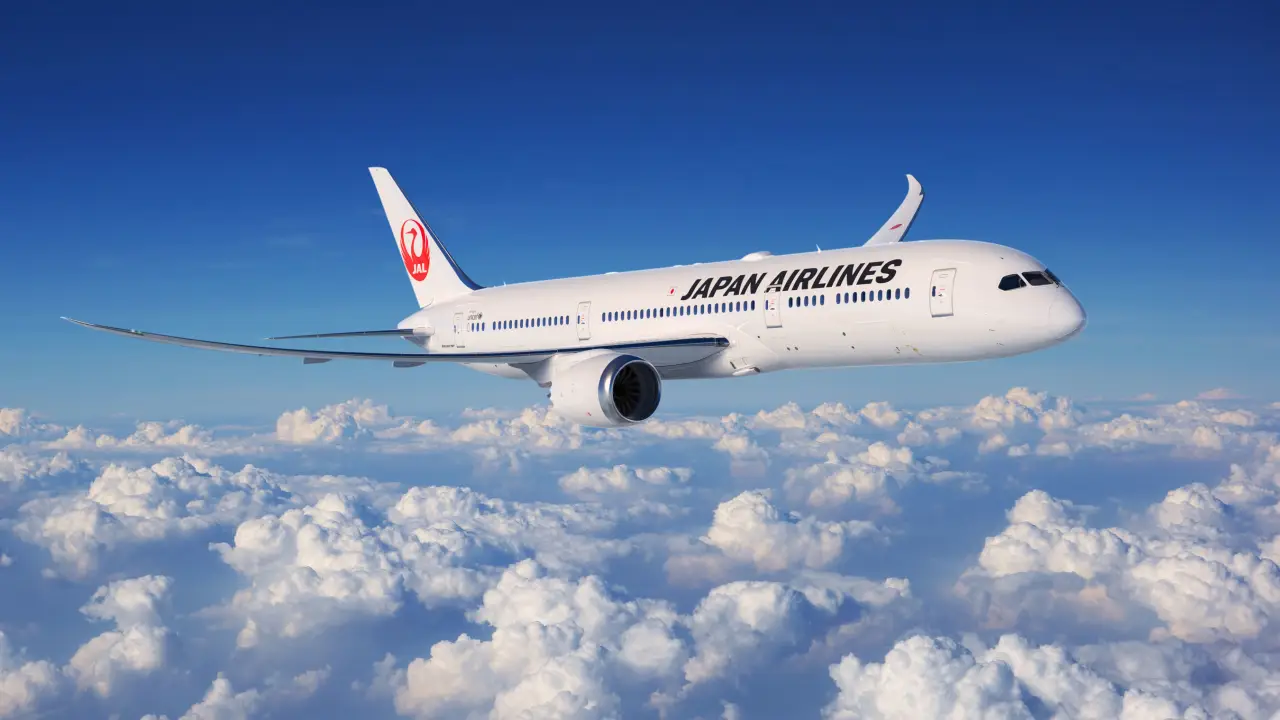The Federal Aviation Administration (FAA) has mandated U.S. airlines to ground Boeing 737 Max 9 aircraft. This decision, announced on Saturday, January 6, 2024, comes as a precautionary measure requiring immediate safety inspections of the specified models before they can resume flight operations.
FAA Administrator Mike Whitaker emphasized the agency’s commitment to safety, stating, “The FAA is requiring immediate inspections of certain Boeing 737 MAX 9 planes before they can return to flight. Safety will continue to drive our decision-making as we assist the NTSB’s investigation into Alaska Airlines Flight 1282.”
The grounding affects a significant portion of the aviation industry, with approximately 171 airplanes worldwide falling under the Emergency Airworthiness Directive (EAD). This directive necessitates a thorough inspection of the affected aircraft, estimated to take between four to eight hours per plane. The directive aims to identify and address any potential safety issues that might compromise the aircraft’s airworthiness.
The decision to ground Boeing 737 Max 9 aircraft is not unprecedented. The aviation industry has witnessed similar actions in the past, particularly with the Boeing 737 Max series, following two fatal crashes involving the Max 8 model in 2018 and 2019. These incidents led to a global grounding of the Max series and a rigorous review of their design and software systems.
The current grounding, however, is a proactive measure following concerns raised during the investigation of Alaska Airlines Flight 1282. While the specifics of these concerns have not been fully disclosed, the FAA’s swift action underscores the agency’s stringent approach to safety and its zero-tolerance policy towards any potential risks.
Airlines affected by the grounding are cooperating with the FAA’s directive, acknowledging the importance of passenger safety above all. This cooperation is crucial in maintaining public trust in air travel, especially in the wake of past incidents involving the Boeing 737 Max series.
The grounding and inspection process, though causing temporary disruptions in flight schedules, is a necessary step in ensuring the safety of passengers and crew. Airlines are working diligently to minimize the impact on travelers, offering rebooking options and providing updates on the situation.
The FAA’s decision also has broader implications for the aviation industry. It highlights the need for continuous oversight and rigorous safety protocols, not just in the United States but globally. The directive serves as a reminder to aircraft manufacturers and airlines worldwide about the importance of maintaining the highest safety standards.
As the aviation community awaits the results of the inspections, there is a collective understanding that such measures, though inconvenient, are essential for the safe operation of flights. The FAA’s directive is a testament to the agency’s unwavering commitment to safety, setting a precedent for aviation authorities worldwide.
The grounding of the Boeing 737 Max 9 aircraft is a significant event in the aviation industry, reflecting the ongoing efforts to prioritize safety in air travel. As the situation evolves, the FAA, airlines, and Boeing will continue to work closely to ensure that these aircraft meet all necessary safety standards before returning to the skies.

